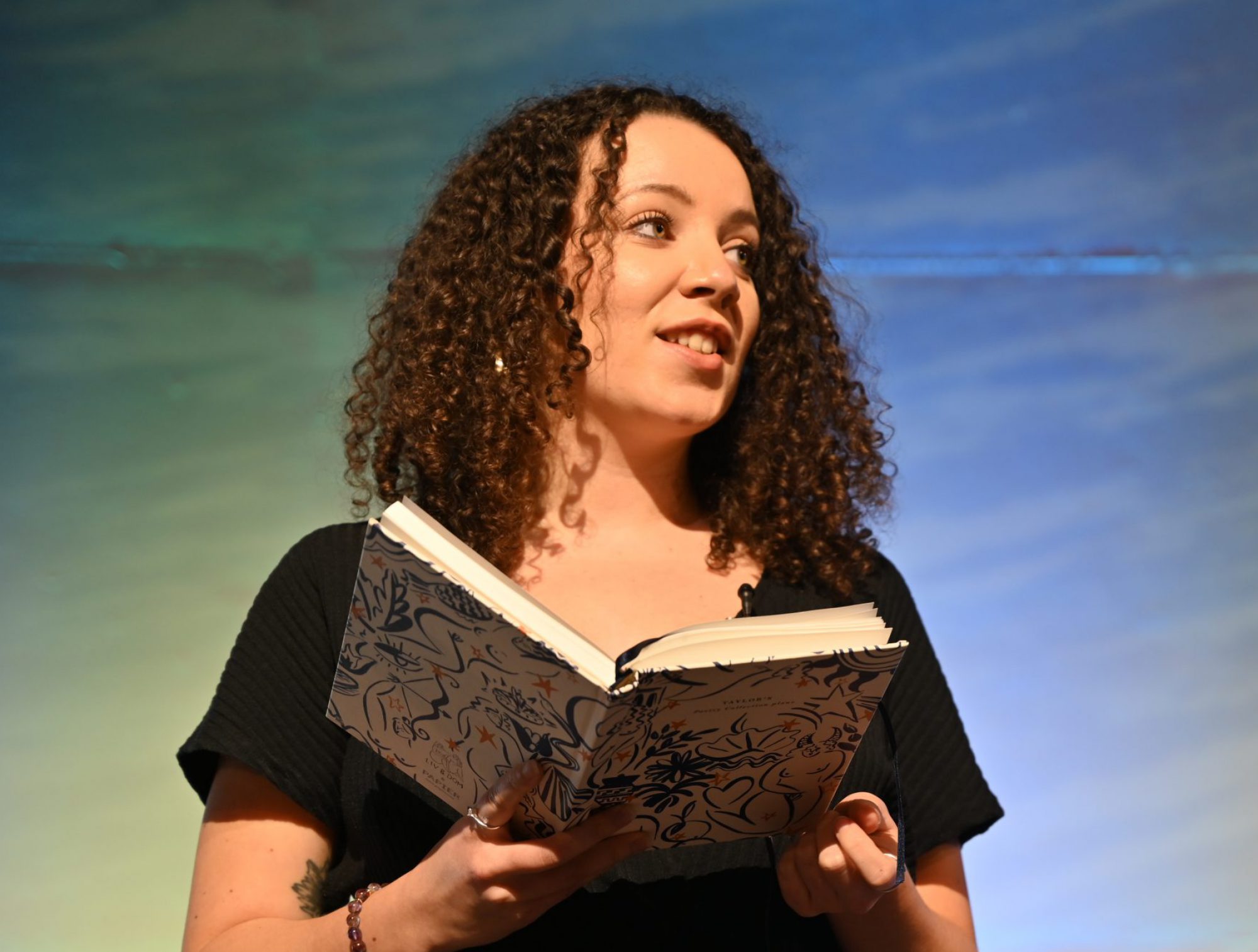As a shiny-faced, fresh Creative Writing graduate, last July I moved back home to South Wales. It felt like regression. I moved back in with my parents, carried the heavy load of Undergraduate debt and was left feeling a bit lost as to where my place was in the world. I was privileged enough to be the first in my family to go to university, and despite having understanding and supportive parents, with this privilege came the pressure to succeed.
At University I felt I had discovered my voice. Course workshops provided me with praise and encouragement, along with the constructive criticism I needed to fine-tune my work. I formed relationships with my peers and lecturers based around the development and nurturing of our creativity and ideas. University allowed me to be indulgent and take time to experiment. I submitted to journals and my work started to get published. With the gentle push of my lecturers I took part in some local spoken word events and festivals, learnt how to project my voice and engage with a crowd.
At home, my ‘voice’, once full of confidence and constantly evolving, didn’t really feel like a voice anymore. With rent and bills to pay, I couldn’t commit to long periods of unpaid work experience to get my foot in the door. I fell back into a dissatisfying retail job and self-doubt overshadowed my writing; I didn’t know where to start. I spent time sending out all of my university work to journals, but as I wasn’t producing new content, the lengthy process from submission to rejection started to feel pointless.
The world of poetry can often feel white, male and middle-class dominated; this is somewhere that doesn’t feel right for me and my work. I knew that I had something to say, I just wasn’t sure where to say it. To find my place, I began researching literature events in Wales, followed people and organisations on Twitter that made me feel like I was in the loop of Wales’ creatives. I was searching for a safe, inclusive and diverse space to share my work and be inspired by others. The answer to this was Where I’m Coming From, a series of spoken word events in Cardiff that aim to promote BAME writers in Wales, a community where they might otherwise feel under represented. WICF, co-founded by Durre Shahwar and Hanan Issa, is a monthly event that showcases local talent, followed by an open mic where the floor is open to anyone.
I attended the first WICF nervous and timid, with a poem that I had never read out loud before. I wasn’t even really sure about reading, but I put my name down for the open mic in order to make that decision before I had too long to think about it. The session featured a vitally diverse range of voices, they told captivating stories of cultural taboos, sexual identity, love and heartbreak, all delivered through the unique rhythms and emotions of the individual. The room was heavy with intense silence as they performed, and erupted into appreciation as they concluded. It felt like something special, to be somewhere people can unapologetically be themselves, to say what they have to say without fear of being judged.
During the open mic, I read a poem about my mother’s experiences as a black woman — a poem that I would have felt wary of sharing in other spaces. I was shaking as I read, I tripped and stumbled over my words, but it felt right to tell my mother’s story there. The audience listened intently, their faces were warm and encouraging. Afterwards, I was told that a listener was touched by my poem, as she found my mother’s experiences mirrored her own childhood and her struggles to come to terms with her racial identity. This feedback was invaluable. In each of my poems, I want to tell the story of a woman, highlight the beauty and complexities of her experiences. To find that these experiences were relatable and triggered emotion in others, validated my purpose as a writer.
Since attending Where I’m Coming From, I have grown and developed. I’ve read to strangers that love poetry and strangers that have never read a poem before. For lots of people, poetry seems too inaccessible or too abstract, an art form reserved for the upper class and intellectual. Spoken word events challenge this mindset, particularly events such as WICF, which prove that poetry has space for everyone. My favourite part of these events is observing how the audience’s nature encourages people to open up about themselves. As a performer, I love the feeling of sharing such intimacy with strangers. Somehow, it feels natural to stand up behind a mic and open yourself up, to share a piece of yourself. Afterwards, you carry on with small talk with the people around you as if nothing out of the ordinary has happened.
There are many YouTube videos and advice blogs that claim the simple, wondrous answer to get yourself out of a slump is to ‘write every day’. For me, this feels like exhausting myself creatively. There are those times when writing comes naturally, and poem after poem write themselves in a glorious flurry and tie themselves together effortlessly. These poems stand taller than the sad, half-finished poem I spent the previous six weeks sighing over. These times are few and far between, and a slump can feel endless. If you can’t write, then you should read twice as much in compensation, in order to surround yourself with inspiration. Above all, I think the writing process is a delicate, fragile thing, it deserves to be treated as such.


